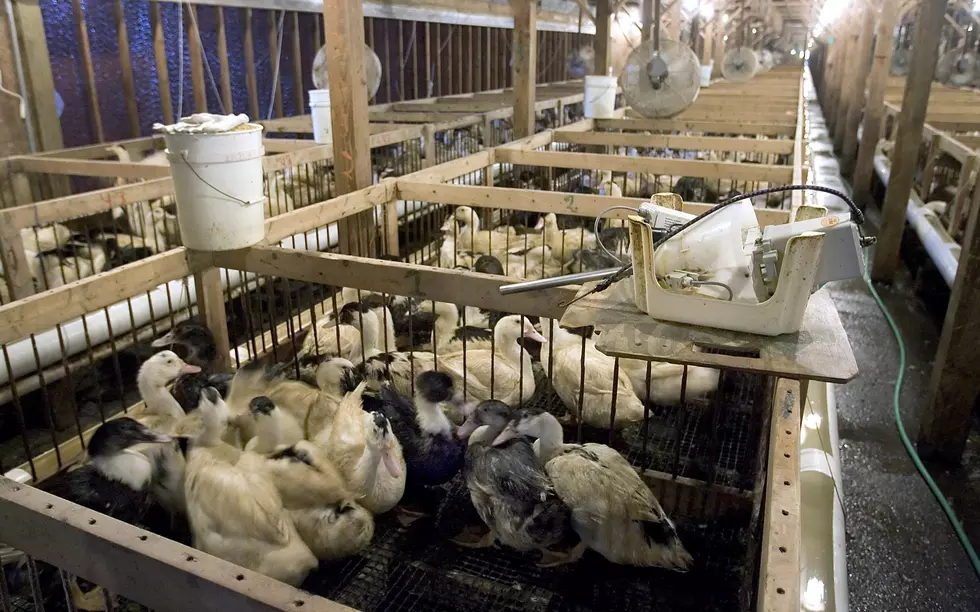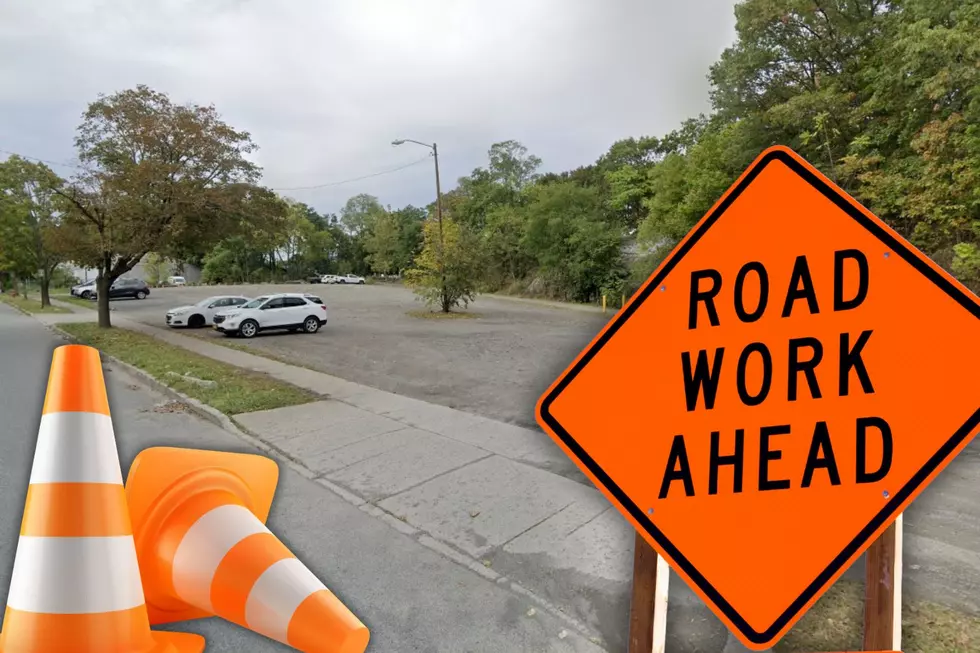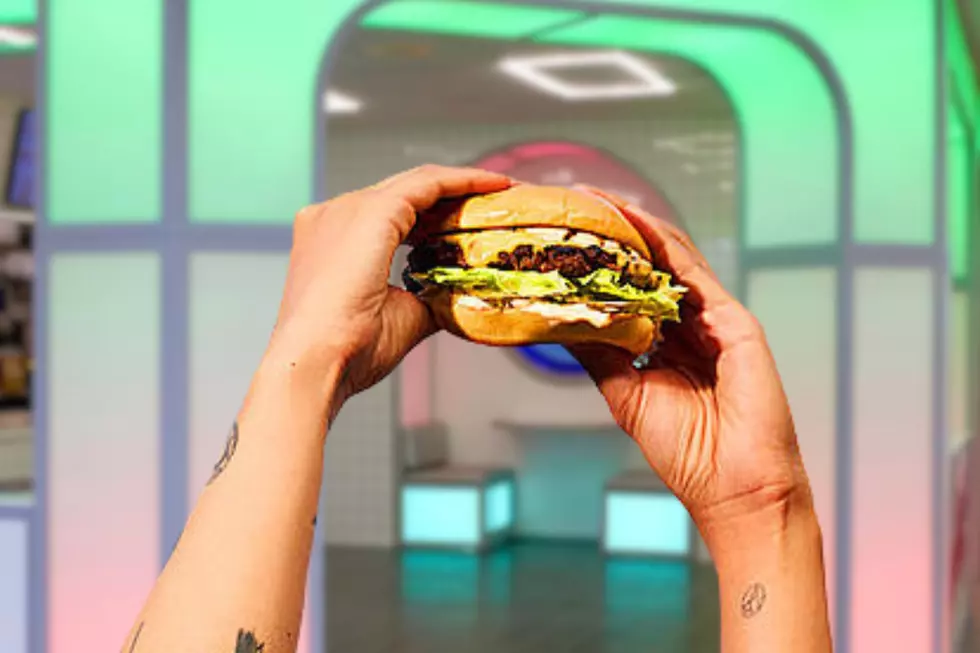
Two Hudson Valley Farms Banned From Selling Products in NYC
A city-wide ban adopted on Wednesday will severely impact two Hudson Valley farms that employ hundreds of workers.
Just outside of Liberty in Sullivan County are two innocent-looking farms that have become the target of animal rights activists. According to critics, the Hudson Valley farms are cruel to their animals. The New York Times quoted Manhattan Councilwoman, Carlina Rivera, describing the farm's practices as "one of the most violent" in the commercial food industry.
The Hudson Valley farms are the country's biggest suppliers of Foie Gras. The luxury food is basically fattened goose or duck liver. The way it's made, however, is a confusing and controversial process that has caused communities to ban it. The New York City ban comes after California and Chicago both passed laws forbidding foie gras. Chicago's law was eventually overturned, but after a long legal battle, the California ban was eventually upheld. Israel, India and Britain have also successfully halted the production and sale of the controversial product.
So, what's so bad about foie gras? Opponents say the process of creating the fatty duck livers is cruel because it involves the force-feeding of the small animals. Hudson Valley Foie Gras, however, maintains that their process is not cruel.
The two Hudson Valley farms employ about 400 Hudson Valley residents. The New York City market is 30% of the companies' businesses, so a ban could potentially shut down the farms, putting everyone out of work.
The ban officially goes into effect in 2022. Violators who sell Foie Gras will be subject to a $2,000 fine.
Listen to the Boris & Robyn Show weekday mornings from 6AM to 10AM on 101.5 WPDH through your WPDH mobile app. Connect with WPDH on Facebook, Instagram and Twitter.
Read more:
- Hudson Valley Snow Closings & Delays
- This Restaurant's Tipping Policy Left Me Speechless
- Idiot Crashes Car Attempting to 'Drift' on Route 44 in New Paltz
- We Tour 21 Abandoned Businesses on Route 9
- Hudson Valley Waitress Brought to Tears Over Surprise Tip
- New York Lake Named Most Beautiful in America
- Top 6 Hudson Valley Restaurants Featured on Food Network
- Enormous Fish Live in Hidden Cave Under City of Poughkeepsie
BONUS VIDEO
More From WPDH-WPDA









